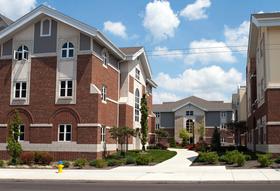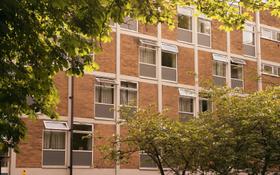Community colleges provide a plethora of opportunities for traditional and non-traditional students alike. These two-year institutions offer fast, affordable higher education to high school graduates who are not ready for the university and older students looking for a new direction in their career path. One element of a community college that is often overlooked is the ability for students to play sports at the junior college level. From football to women’s softball, many campuses across the country provide the chance for students to participate in the sport of their choice for fun, competition, and even a possible career.
Benefits of Sports at Community College
The addition of a robust athletics program at community colleges offers a host of benefits to students, as well as the school. While these programs are not traditionally big money makers for the colleges, the advantages offered may make the cost of the programs worthwhile to many college campuses.
“It provides a full college experience,” Gary Branch, president of Faulkner State Community College, explained to the GadsenTimes. Branch is also the president of the Alabama College Athletic Conference.
David Mollahan agrees. The president of Marion Military Institute told the Times, “It’s beneficial to higher education. Our programs, I think, are worth it.”
Although some in the community college arena lament the cost of such programs, particularly at a time when budgets are getting tighter and tighter, Raymond Staats, president of Gadsen State Community College told the
































